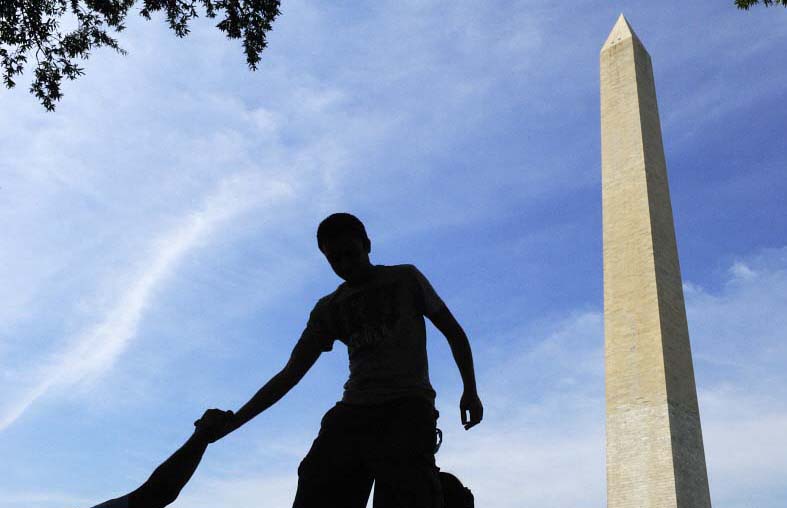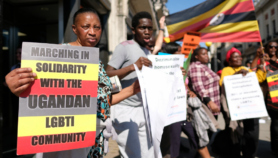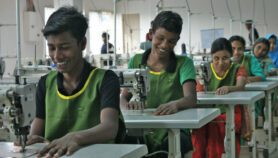By: Joshua Howgego
Send to a friend
The details you provide on this page will not be used to send unsolicited email, and will not be sold to a 3rd party. See privacy policy.
“I have an issue here: why is it that we’re providing these charities with scientific advice for free in the first place? They have enough money to pay for legal advice — so why not scientific?”
It’s fair to say that Mary Gray’s interjection did not go down well. The professor of maths and statistics from nearby American University, who was attending the meeting in her individual capacity, and was sitting next to me at a working group meeting where the ten or so participants were discussing how best to link up willing scientists with human rights charities, so they can their share expertise.
The working group on ‘services to the human rights community’, one of several convened by the AAAS Science and Human Rights Coalition, helps promote the On Call Scientists project, for this purpose.
Over the past year, it has also been running training workshops on a trial basis in Washington DC and New York. These see a scientist-trainer give a free seminar for professionals working in human rights NGOs on subjects such as visualising data or qualitative research methods in human rights fact-finding.
The group hopes to role these out more widely — to cover more subjects and run the sessions more frequently.
But the On Call Scientists project has seen a lack of demand from the human rights sector for their expert advice, though the demand has increased since launching workshops and other educational materials.
“A lot of scientists are very keen on the idea,” Susan Hinkins, the group’s co-chair, told the meeting. “But we have more statisticians than we have projects to place them on.”
Late last year, the group circulated a questionnaire to thousands of people working at human rights NGOs on the east coast of the United States, asking them what sort of scientific workshops they would find useful. It generated just 36 responses.
“We’re speaking two different languages, that’s the whole problem,” said group member Sue Gunawardena-Vaughn, director of South-East Asia programme of Freedom House, an NGO that advocates freedom of expression, who was attending the meeting in an individual capacity.
“Humanitarians simply want to see policy change, a measurable output. They don’t care how they achieve that; whether their research and case studies are done in a methodologically rigorous way or not.”
She later clarified that what human rights activists ultimately care about is policy change; they don’t care about methodological rigor as an end in itself per se.*
Gray’s solution to this problem is to try and create demand. “I want to suggest something radical,” she said. “How about sitting on a board of one of these NGOs?”
She suggested that putting the case for science there would be a quicker way of seeing NGOs embrace the need for science in their work.
Not everyone agreed with Gray that NGOs should ideally pay for scientific advice. “It’s not like they are dripping with money,” said Gunawardena-Vaughn.
But, at the moment, whether the advice is free or not, there is little demand for it.
If scientists sitting on the governance boards of human rights organisations could create that demand, maybe Gray has a point.
*This article was amended on 4 February to refer to ‘human rights NGOs’ not ‘humanitarian NGOs’ and ‘charities’ as it originally did, following a complaint from the AAAS. The amendment also clarified that the working group on ‘services to the human rights community’ does not convene, but promotes, On Call Scientists, and that experts quoted attended the meeting in personal capacity. Finally, the amendment clarified that On Call Scientists face a lack of demand, not the workshops themselves.














